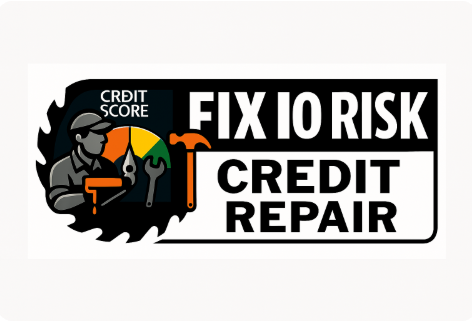23 Dec Newsletter 11/10/2012
Monthly ABCDONE.COM insiders news in credit repair 
 2:49:36 PM
2:49:36 PM
Even if you had a recent bankruptcy or foreclosure you can still get your credit back on track by steps below:
A-Have a free consultation with an expert in credit repair firm
B-Develop a credit improvement plan
C-Look for incorrect items in your credit report and dispute them
D- Pay your bills on time,keep your accounts open,keep your balances low under 30%
How to increase your score Session 1
1. Get a credit card if you don’t have one
Don’t fall for the myth that you have to carry a balance to have good scores. You don’t, and you shouldn’t. But having and using a credit card or two can really build your scores. If you can’t qualify for a regular credit card, consider a secured credit card, where the issuing bank gives you a credit line equal to the deposit you make. Look for a card that reports to all three credit bureaus.
2. Add an installment loan to the mix
You’ll get the fastest improvement in your scores if you show you’re responsible with both major kinds of credit: revolving (credit cards) and installment (personal loans, auto, mortgages and student loans).
3. Pay down your credit cards
Paying off your installment loans (mortgage, auto, student, etc.) can help your scores but typically not as dramatically as paying down — or paying off — revolving accounts such as credit cards. Lenders like to see a big gap between the amount of credit you’re using and your available credit limits. Getting your balances below 30% of the credit limit on each card can really help; getting balances below 10% is even better. Though most debt gurus recommend paying off the highest-rate card first, a better strategy here is to pay down the cards that are closest to their limits.
4. Use your cards lightly
Racking up big balances can hurt your scores, regardless of whether you pay your bills in full each month. What’s typically reported to the credit bureaus, and thus calculated into your scores, are the balances reported on your last statements. You often can increase your scores by limiting your charges to 30% or less of a card’s limit; 10% is even better. If you’re having trouble keeping track, you can set up email or text alerts with your credit card companies to let you know when you’re approaching a limit you’ve set. If you regularly use more than half your limit on a card, consider using other cards to ease the load or try making a payment before the statement closing date to reduce the balance that’s reported to the bureaus. Just be sure to make a second payment between the closing date and the due date, so you don’t get reported as late.
5-Pay your bills on time.
Delinquent payments, even if only a few days late and collections can have a major negative impact on your FICO score. If you have missed payments, get current and stay current. The longer you pay your bills on time after being late, the more your FICO score should increase. This won’t rebuild your credit score immediately, but if you can begin to manage your credit and pay on time, your score should increase over time. And seeking assistance from a credit counseling service will not hurt your FICO score. You can also Setup Payment Reminders by banks or others.
What banks don’t want you to know
Bankruptcy or Debt Negotiation
If you are settling your credit cards there is going to be an IRS 1099 consequence. Meaning the amount the creators lose will be considered your income and taxable by IRS.
Friends and Family special till 12/31/2012
We can dispute all your questionable negative items for a flat fee of $500
If you pay within 7 days.(we usually charge $250.00 per removal)
If you pay within 7 days I will include my monthly newsletter ($120 value)
Also I will send you the tips to increase your score on your own
Also you get 30 minute free consulting ($500 value) on the phone.

